Lightning & Electrical
18 Essential Electrical Terms You Should Know

Here’s a breakdown of 18 essential electrical terms you should know:
- AC Power: Alternating Current is the type of electrical power used in homes, alternating direction in a wave form.
- Voltage: Refers to the electrical pressure that pushes current through wires, measured in volts (VAC).
- Transformer: Device used to increase or decrease electrical voltage, ensuring safe power transmission.
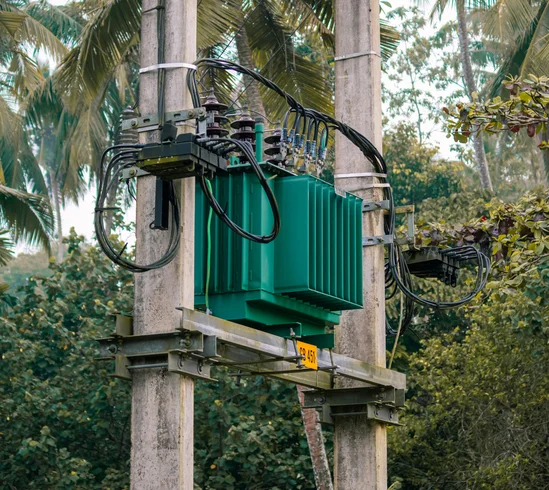
- Service Panel: The main control center that distributes power to circuits in your home.

- Circuit Breaker: Safety device that trips when a circuit experiences overload or a short circuit.
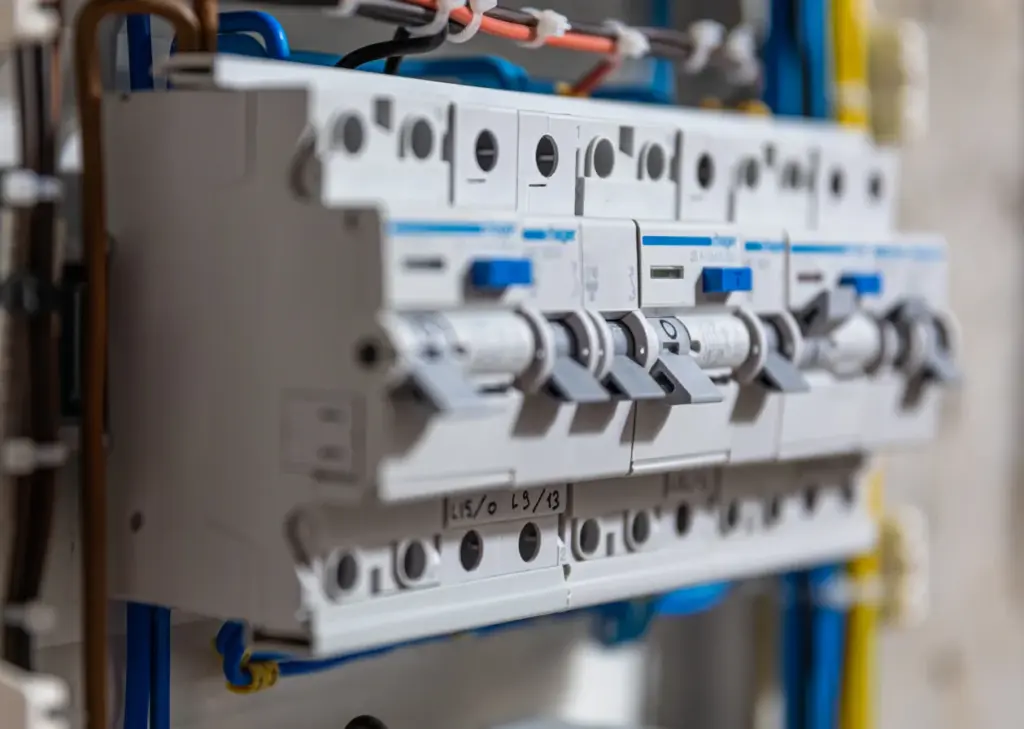
- Branch Circuit: A circuit that supplies power to individual appliances, lights, and outlets.
- Neutral Conductor: A wire that completes the electrical circuit by carrying current back to the power source.
- Grounding Conductor: Provides a safe path for fault current to earth, preventing electrical hazards.
- Ground-Fault: Occurs when electricity takes an unintended path to the ground, which can cause shocks.
- GFCI: A Ground-Fault Circuit Interrupter protects against electrical shock by quickly cutting power during a ground fault.
- Short Circuit: Happens when a live wire touches a neutral wire, causing excessive current flow.
- AFCI: Arc Fault Circuit Interrupter detects and prevents electrical arcing, which can cause fires.
- Polarized Plug: A plug where one prong is larger than the other, ensuring it’s inserted correctly for safety.
- Outlet: A location in a circuit where electricity is supplied, typically used for plugging in devices.
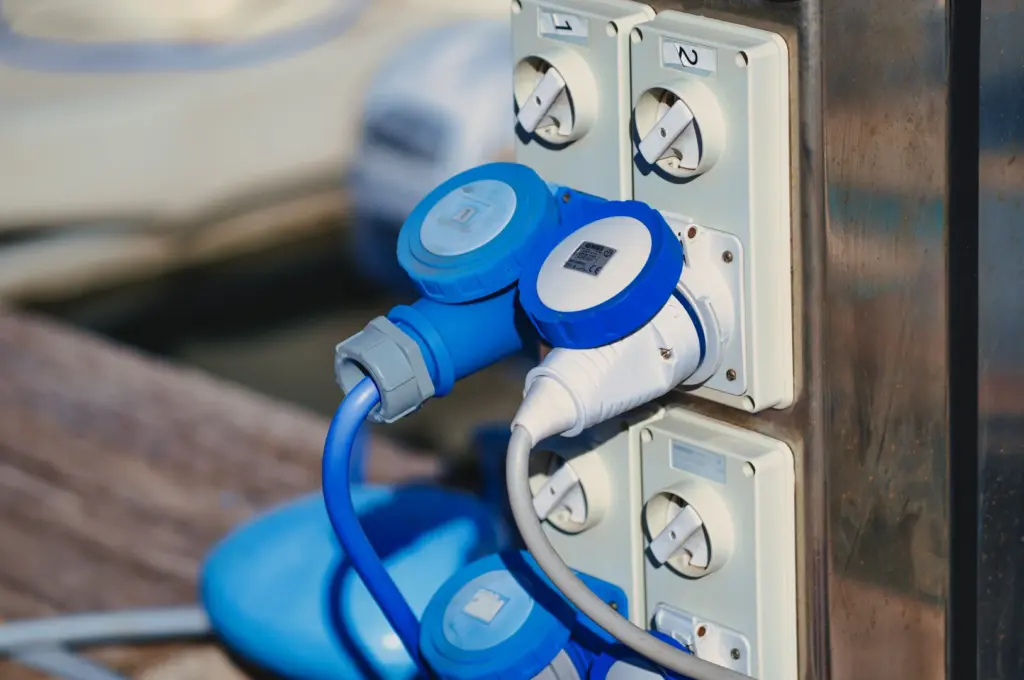
- Electrical Box: A container for electrical wiring connections, designed to prevent fires in case of an overload.
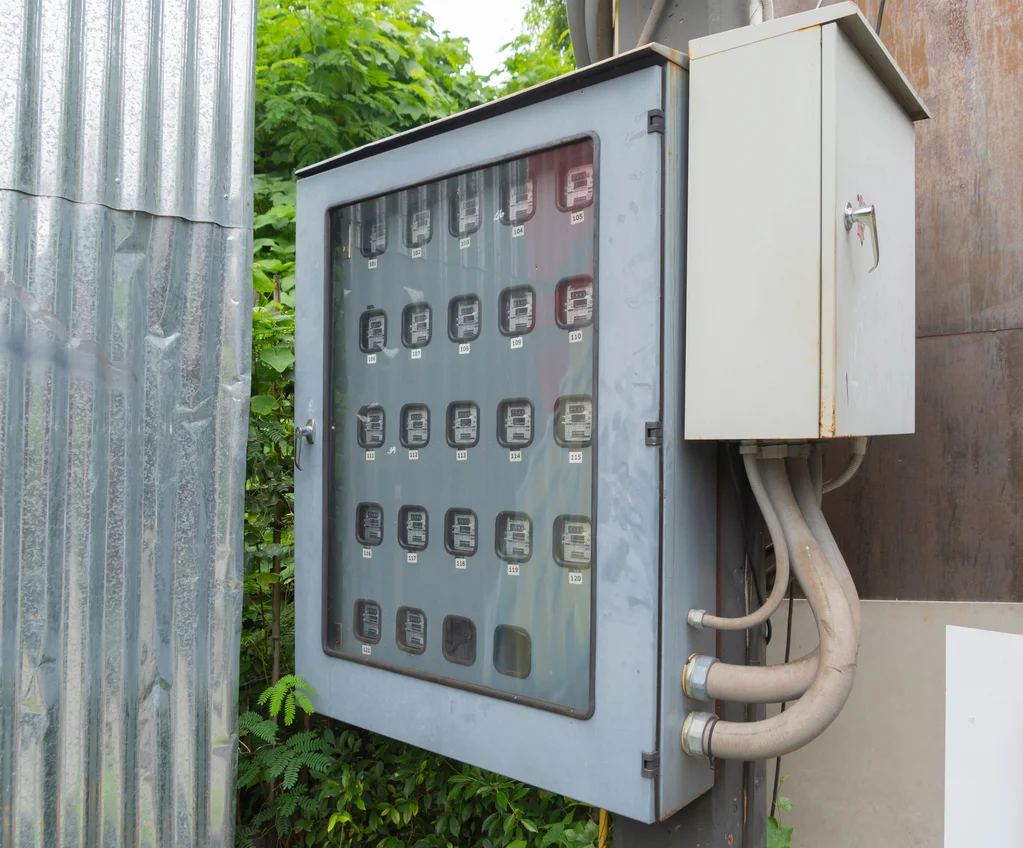
- Multimeter: A tool used for measuring electrical voltage, current, and resistance.
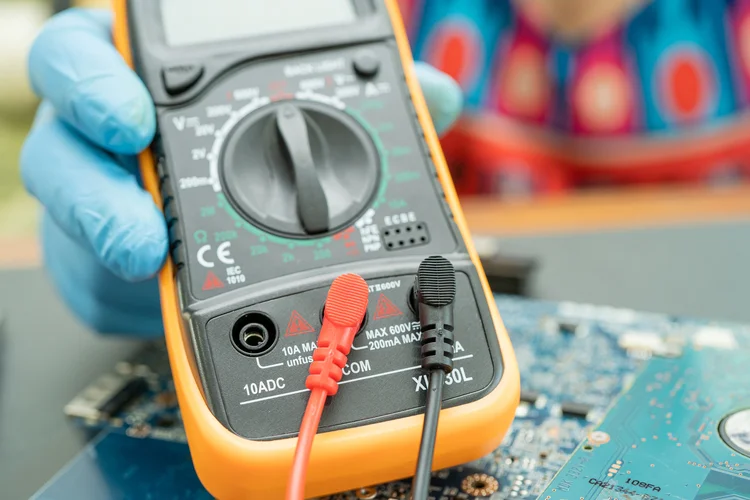
- Wire Strippers: A tool used for removing insulation from wires, making them ready for connections.

- NEC: National Electrical Code, a set of safety standards for electrical installations, updated every 3 years.
These terms will help you understand basic electrical systems and make it easier to troubleshoot or manage small electrical projects safely.
Continue Reading
